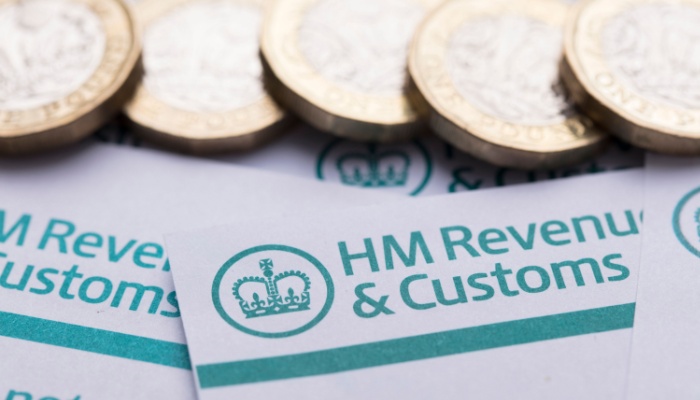Leading up to this year’s Spring Budget, the media has often portrayed the Office for Budget Responsibility (OBR) as a powerful body that can constrain the tax-cutting options of the Chancellor ahead of the upcoming general election.
However, this is an over-simplification, as the OBR doesn’t set the fiscal rules, the Chancellor does – the OBR only calculates whether the Chancellor can meet his rules or not. Nor does the OBR set the assumptions underlying these rules.
For example, when estimating the government’s tax revenue from 2025 onwards, the OBR followed the Treasury’s assumptions that fuel duty cuts will be scrapped and fuel duty will rise with inflation, but nobody expects this to actually happen, as fuel duty rates haven’t risen since 2010.
Despite such limitations, the OBR has highlighted the impact of the lack of tax changes in the Chancellor’s plans, with new calculations showing that the status of ‘higher rate taxpayer’ is becoming increasingly common due to tax freezes.
The consequences of threshold freezes
Reports from the OBR have demonstrated the consequences of continuing to freeze the thresholds for Income Tax rates and the tax-free Personal Allowance until 2028, which is pushing more taxpayers over the higher rate threshold with inflation.
As shown in the graph below, the OBR estimates that by the 2028–2029 tax year, there will be 7.3 million taxpayers in the higher rate bracket. This is 2.7 million or 59% more than there would be if the higher rate threshold was tied to price indexes.
That’s not all, either – thanks to the lowering of the additional rate threshold in 2023, there will also be 0.6 million more taxpayers in the additional rate bracket.
While 1 in 5 taxpayers were previously estimated to move into the higher rate or additional rate bands by the current 2024–2025
tax year, the OBR now estimates that 2 in 9 taxpayers will be paying more than the basic rate of Income Tax by 2028–2029.
With these freezes generating too much tax revenue for the government to reverse them without drastically overhauling government policies, it’s not surprising that the Chancellor and Prime Minister are focusing on National Insurance cuts instead.
Tax planning for your tax band
As the new 2024–2025
tax year gets underway, it’s essential to make sure you know what to expect from your tax bill. You must check that you’re on the right tax code and look into the ways that changing tax bands could affect your tax reliefs.
Your income level and tax band can affect your entitlement to benefits like marriage allowance and childcare, not to mention tax-free savings, so the importance of effective personal tax management cannot be overstated.
If you need assistance with tax planning, you can always come to the team at gbac
for tailored guidance relating to income taxes, savings, pensions, and more.
Our accountants in Barnsley are just a phone call or email away – get in touch by calling 01226 298 298 or emailing info@gbac.co.uk.
